Discover Biking Tours with E-Bikes
-
Top 5 Reasons to Choose an E-Bike Vacation with Macs Adventure
Effortless Fun: Enjoy your vacation your way. Use the e-bike’s power boost as much or as little as you like, making cycling effortless and fun.
Perfect for Mixed Abilities: Travel with friends or family without worrying about keeping up. With an e-bike, everyone can enjoy the journey at their own pace.
Stay Energised: Arrive at your destination with energy to spare, ready to explore the sights, savour the local cuisine, or relax in comfort.
Flexibility: Choose your dream route—whether it’s Tuscany’s hills, Scotland’s trails, or France’s countryside—without worrying about terrain challenges.
Health & Wellbeing: E-biking is a gentle way to keep active, enjoy nature, and recharge your body and mind. You decide how much effort to exert, ensuring a balanced and rejuvenating experience.
![Top 5 Reasons to Choose an E-Bike Vacation with Macs Adventure]()
-
What Makes Macs Adventure the Best Choice for E-Bike Tours?
At Macs Adventure, we specialise in self-guided cycling holidays that empower you to explore at your own pace. Here’s why travellers trust us:
- Unmatched Route Selection: Choose from the largest selection of biking and e-biking routes in Europe and beyond, covering iconic and hidden gems alike.
- Hassle-Free Planning: We take care of everything—route planning, luggage transfers, and accommodation—so you can focus on enjoying your trip.
- Local Expertise: Our team’s first-hand knowledge ensures you get insider tips, must-see attractions, and the best local dining recommendations.
- Authentic Experiences: Immerse yourself in local culture, meet friendly locals, and uncover the history, traditions, and stories that make each destination special.
- Sustainable Travel: E-bike tours are an eco-friendly way to travel, allowing you to enjoy the beauty of nature with minimal environmental impact.
![What Makes Macs Adventure the Best Choice for E-Bike Tours?]()













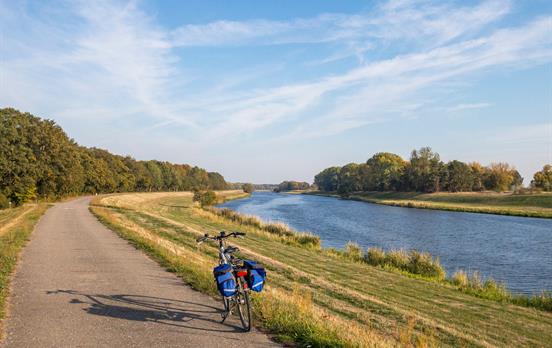




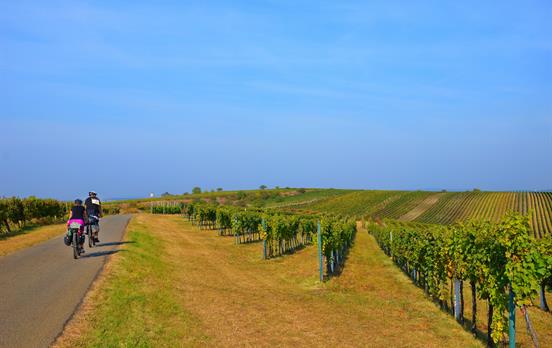




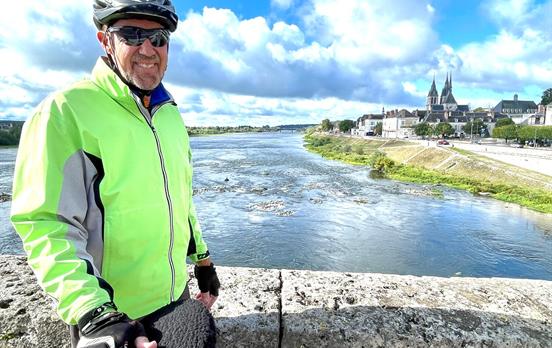



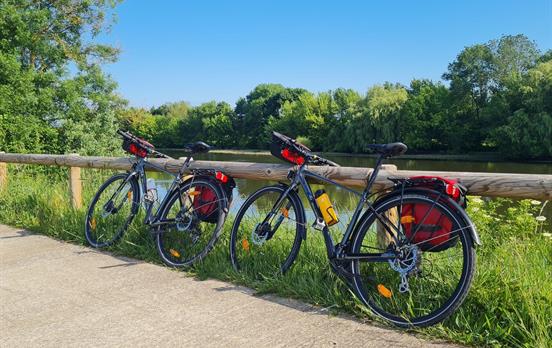








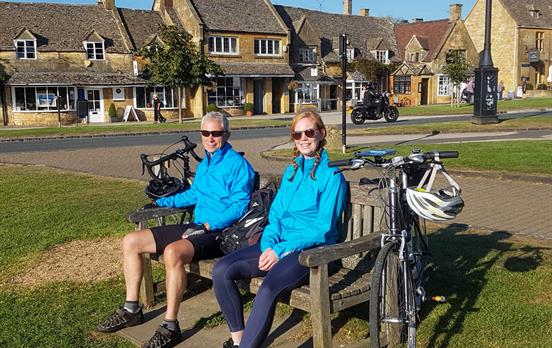





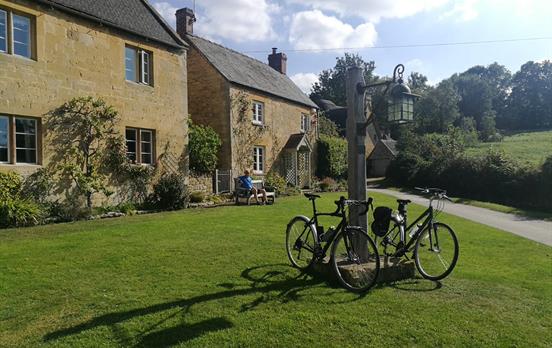

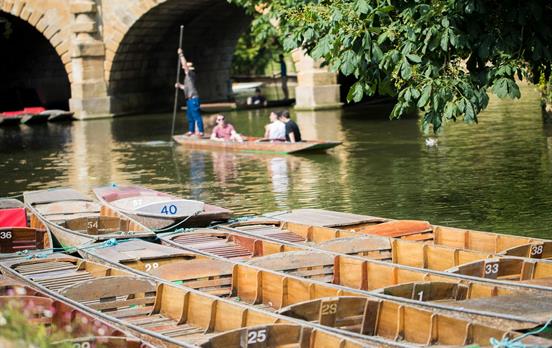
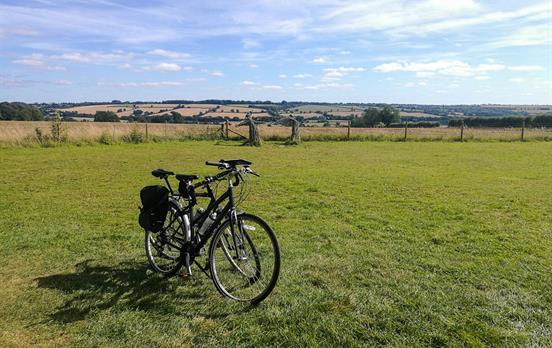




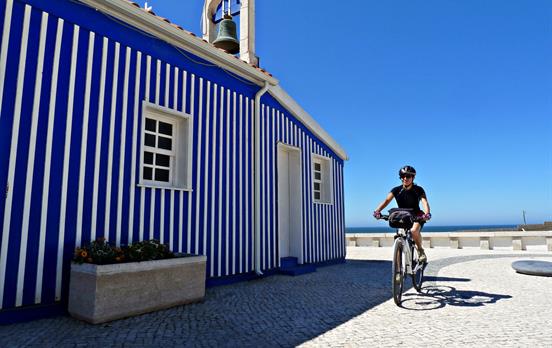
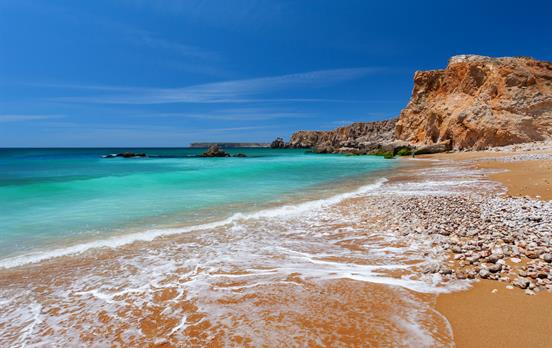
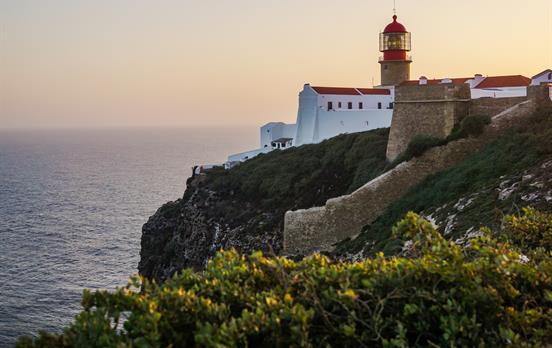
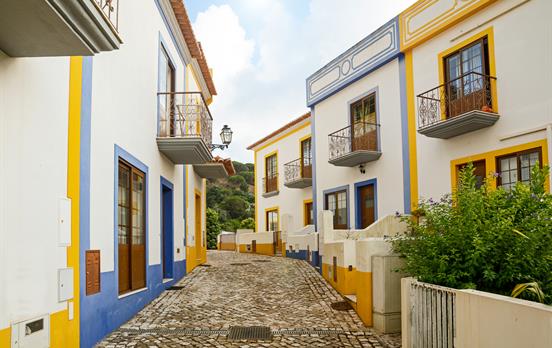
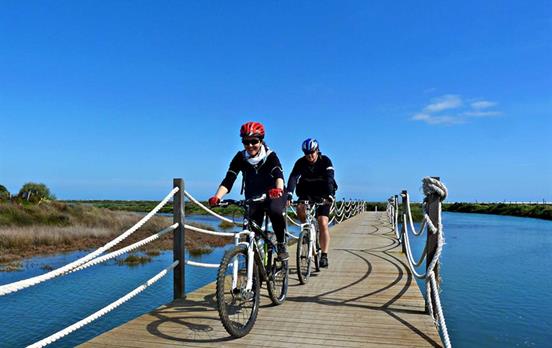



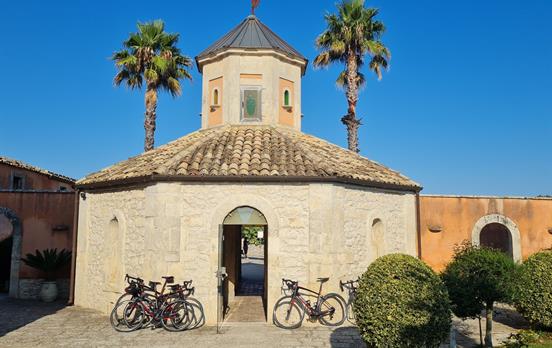
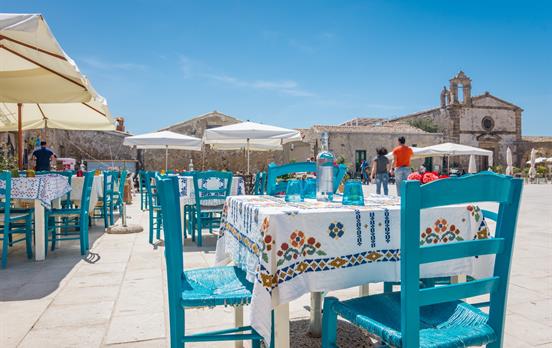
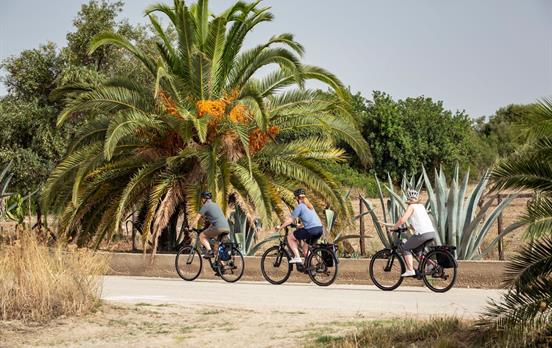


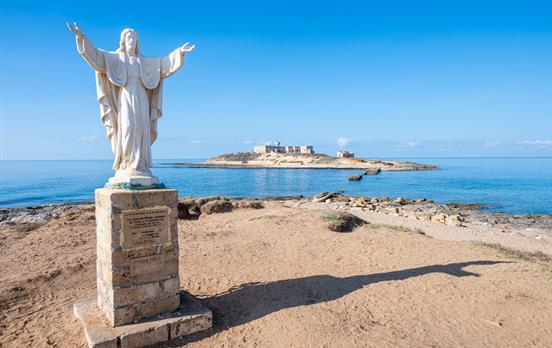


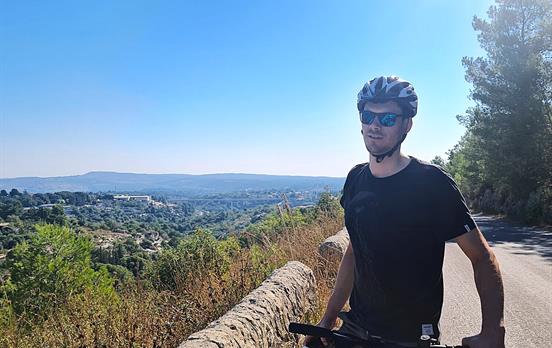
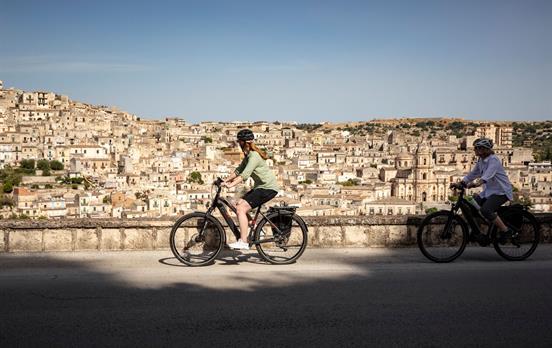





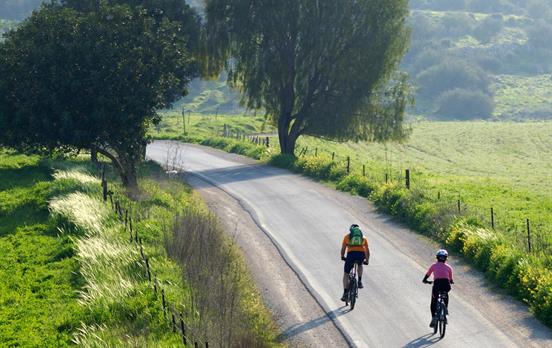
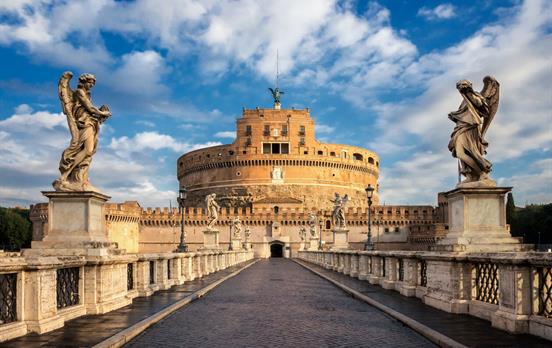
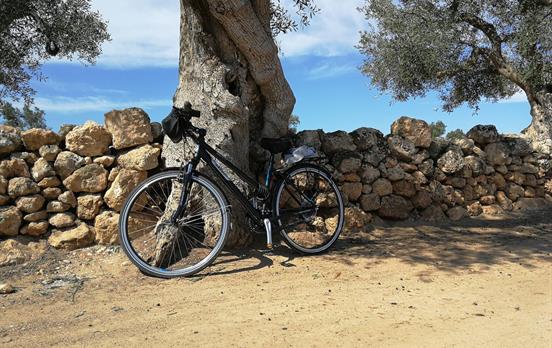




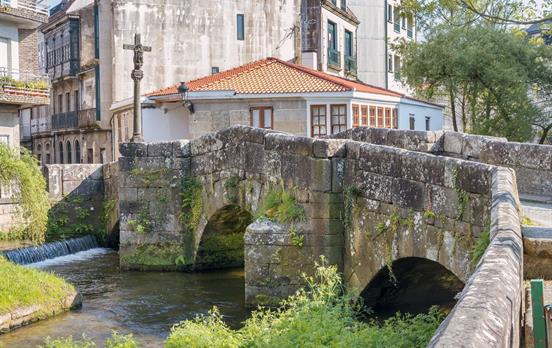

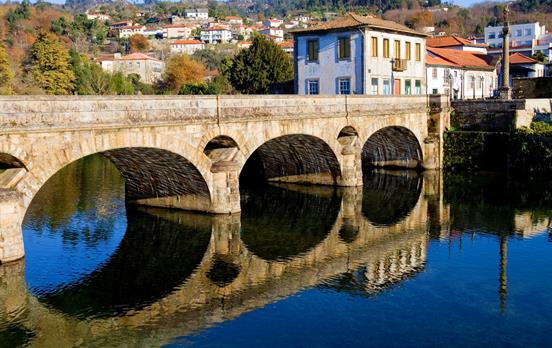
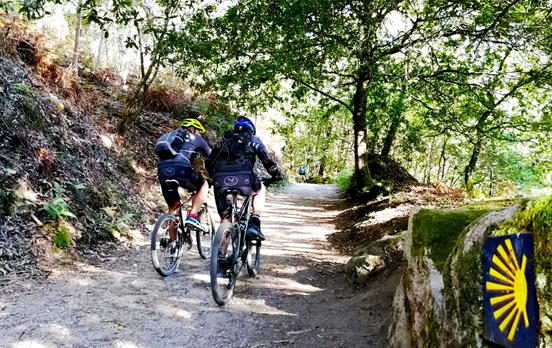
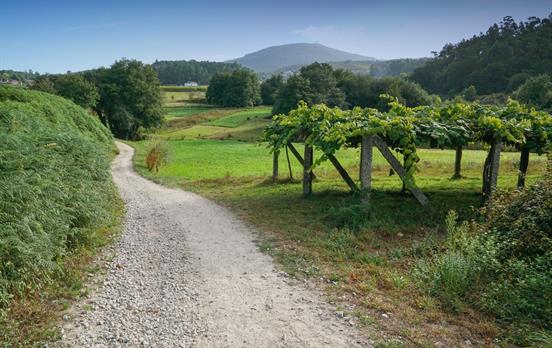
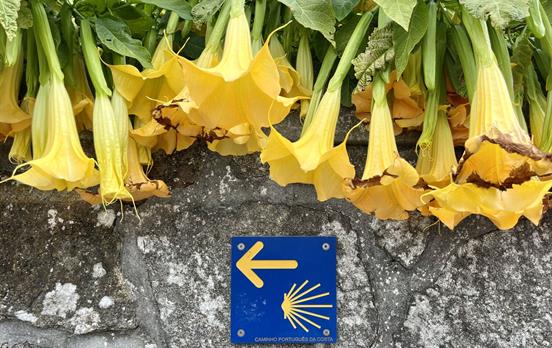
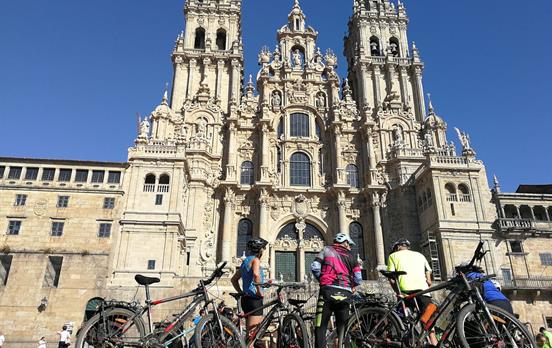












 Canada
Canada